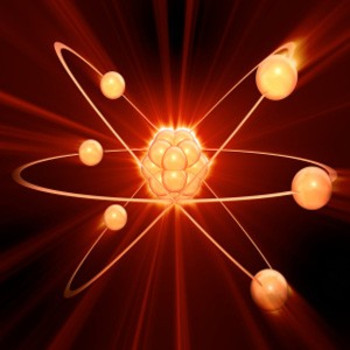How are the different types of blood types formed? What does the Rh factor do?
1 Answer
The formation of blood types is coded in the genes. The function of many blood antigens is unknown.
Explanation:
The blood typing system as we know it is a combination of the ABO-system and the Rhesus factor.
ABO-antigens
The ABO-antigens are sugers that are produced and transferred onto red blood cells by enzymes in a series of reactions. The DNA of a person determines which enzymes can be made and as a consequence which ABO-antigen(s) are put onto the red blood cells.
These antigens appear to have no function or not anymore. There is no health difference between people who have non, one or both of the A and B antigens. Maybe once certain blood antigens were able to defend the body against certain pathogens.
Rhesus antigen
The Rhesus (Rh) factor is a protein antigen. There is an RhCE, RhAG and an RhD part of this factor. When talking about blood types, the RhD part is important. This can either be present on blood cells (Rh positive) or absent (Rh negative). This is also genetically determined.
The function of the Rh factor is still not completely elucidated. Again, there is no health difference between people with and without the antigen. The complete Rh-factor seems to play a role in the maintenance of mechanical properties of red blood cells.
Note that there are other blood antigens that are not discussed here.

